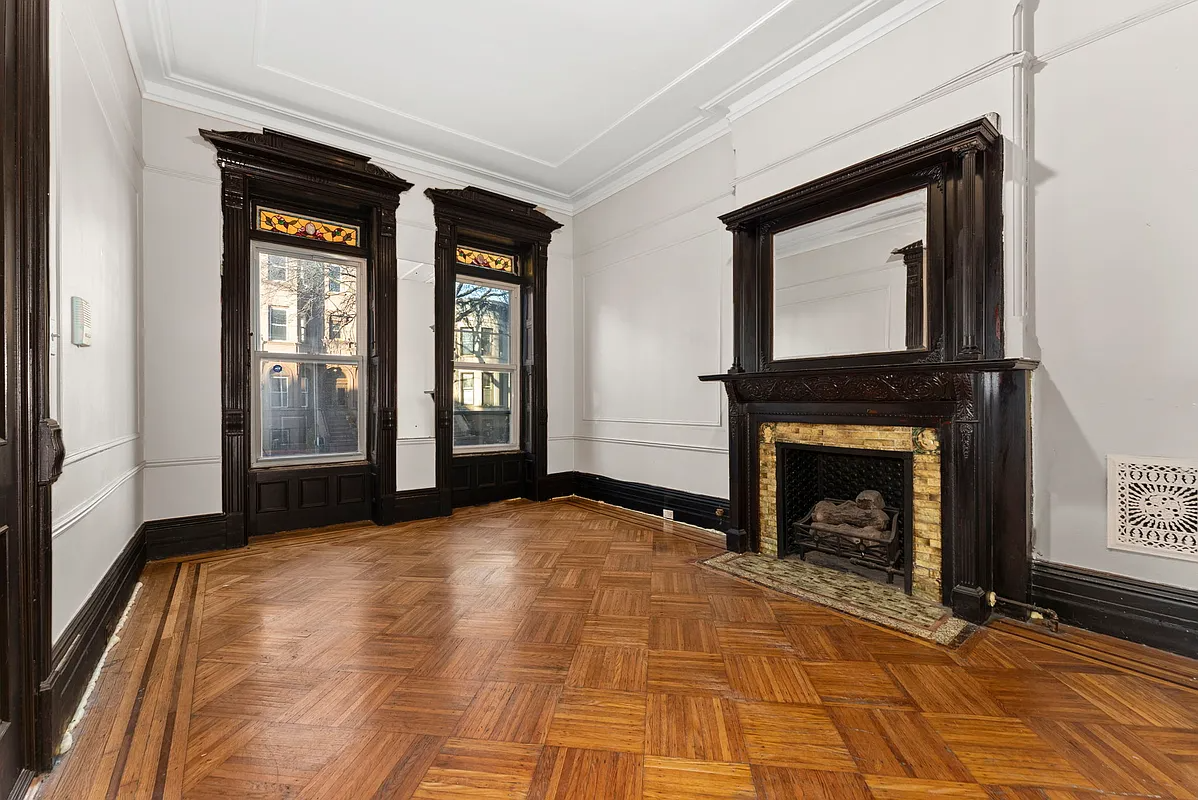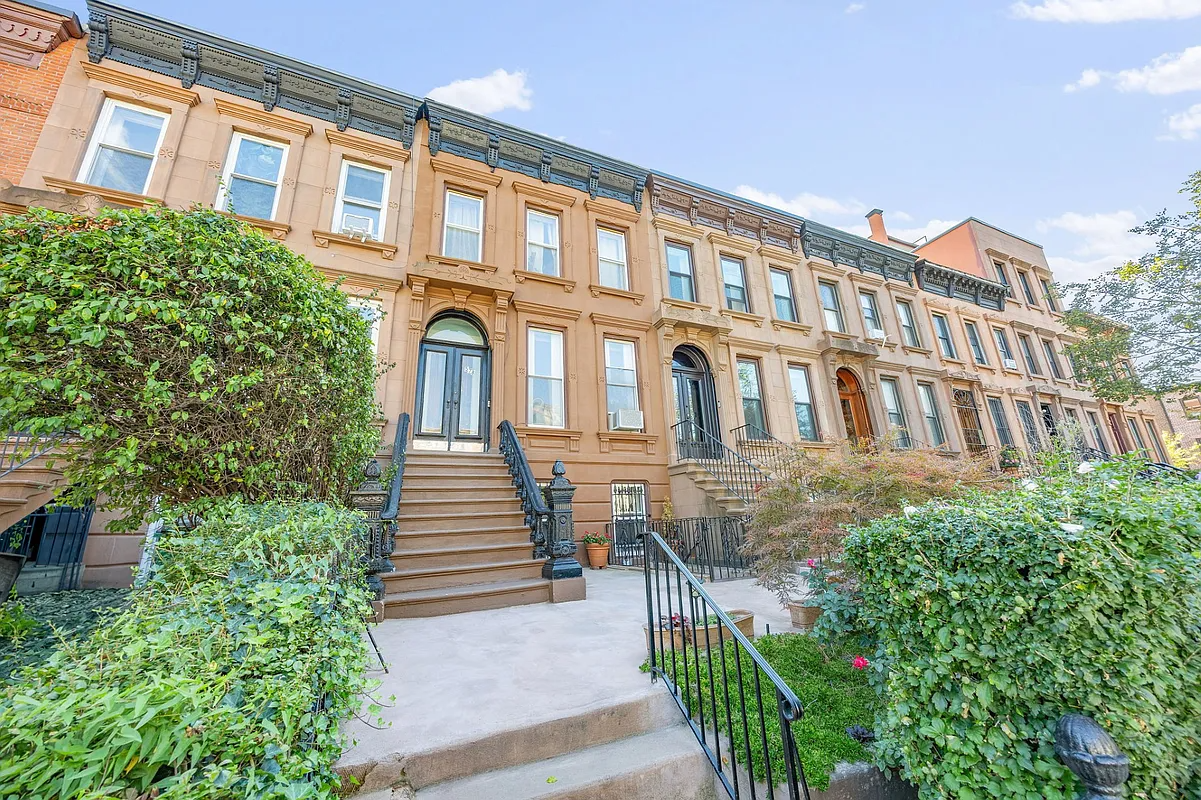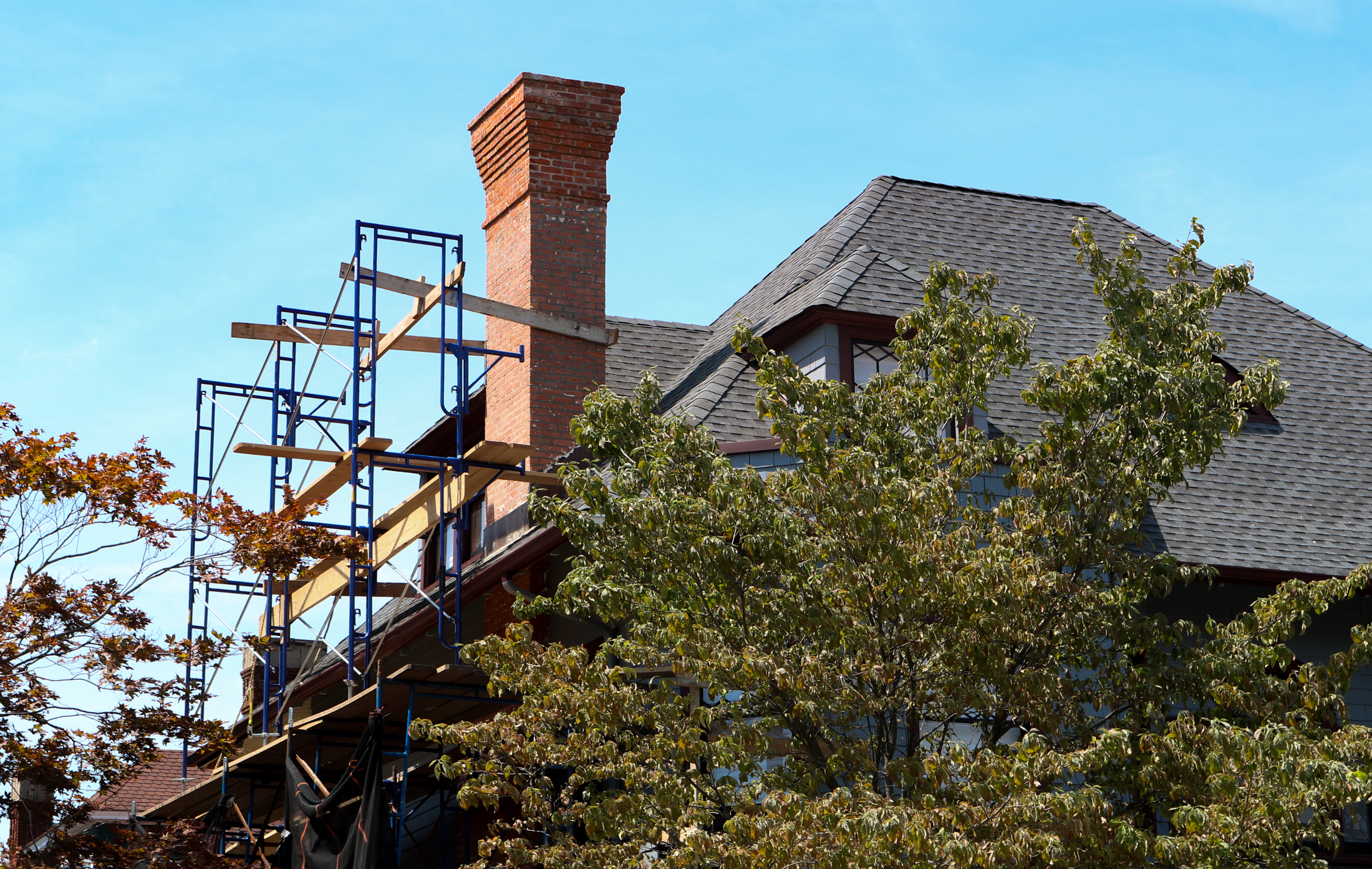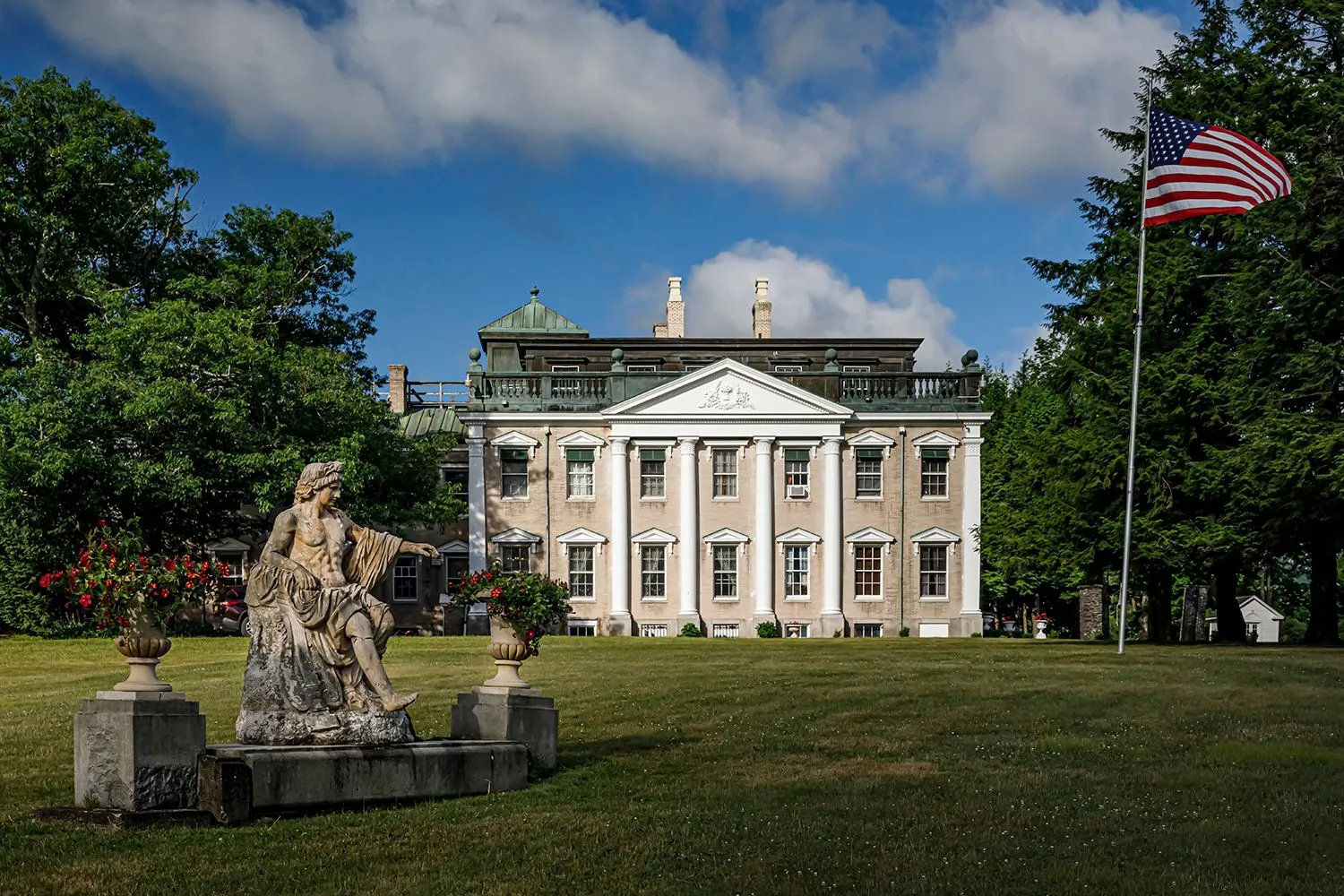Housing Bubble Starting to Lose Air?
We don’t usually get around to the Op Ed page ’til later in the day so we missed Krugman’s piece yesterday on everybody’s favorite topic, the housing bubble. Among the signs he points to that the bubble is already losing air are: The bubble doesn’t burst with a bang–inventory builds as sellers hold out for…
We don’t usually get around to the Op Ed page ’til later in the day so we missed Krugman’s piece yesterday on everybody’s favorite topic, the housing bubble. Among the signs he points to that the bubble is already losing air are:
Is there any hard evidence that properties in New York are sitting on the market for longer?
That Hissing Sound [NY Times]





Things like ARM’s go away??? Why would they go away? They have been around forever! They are a very good tool for people buying starter homes and apartments. When you know you wont be there 10 or 20 years why give the bank all that interest?
I agree the bubble is not fueled by asking prices and mortgage rates alone. There are many factors fueling these prices. And I dont agree the first time buyers are the ones to hault or determine the direction. Many people buy up. And you can buy up every two years with no capital gains tax (up to 250K per spouse). I know many brownstoners here did that. Selling their coop they put at least 20% down on, reaping 100K plus tax free profit and buying a brownstone with 10% or less down with rental incomes to help pay the mortgage. Right?
And if you had an ARM in that coop apartment God Bless You, you saved even more money!
I’m one of those unfortunate souls watching the housing prices and cringing. Even with corrections and bubbles hissing, housing prices are too insane for me to seriously consider.
Does anyone else know how all these people do it? My husband I combined make $100K a year. We have $40K saved up and realistically can spend about $250-300K. In Brooklyn – heck, in about 95% of NYC – this gets us laughed at.
Now, we’re doing okay financially but are hardly millionaires. Are there truly that many well-off people in this city that can afford these prices?!? I keep telling myself this is the result of very creative financing that my husband and I cannot stomach, and in a few years maybe things will improve. (I know, I know – we should just suck it up and either mortgage ourselves to the eyeballs, rent forever or move. I hate these choices.)
How does the rest of middle-class NYC deal with this? I don’t tend to see a lot of press covering this angle – has anyone read anything covering the topic?
Long haulers will be fine – we all know people who have owned for 20 or 30 years and have lived through such cycles before and their homes are still more valuable than when they bought them 30 years ago.
I agree with the post below and it was nice to hear what a few would be buyers are deciding to do. I think things will slow down, cool off and behave themselves for awhile for the reason mentioned here, crazy financing, interest rate increases- it comes down to monthly costs of home owner ownership at the end of the day- if people can rent for a few thousand dollars cheaper than a mortgage then they are going to rent- I think that is a good marker for a slow down right there. when we bought it was based on the idea of our monthly cost being the same as renting (after the rental income from of the house of course). if a mortgage is 5k-6k thats a tough nut even with some rental $$ thrown in… for us at the time, it actually kind-of still made sense to buy based on our income- it seems like a stretch now. i hope things slow so everyone can catch their breath and wait for the next cycle. we’re in it for the long haul so i expect to go thru ups and down but i believe brooklyn isn’t going to turn back now, for better or worse and that people and more people will want to live here.
But those unrealistic asking prices are the result of the things that have created the so-called bubble – IOs and ARMS, no money down, etc. This kind of lending allowed people to buy a lot more than they could afford because it approved them for a lot more money than they would have traditionally been approved for. So, with greater spending power, bidding wars started, driving prices up. A lot of real estate is psychological and word of mouth – you hear that so and so got 100 over asking, so you price your house 100 higher than you would have and STILL get over that – it’s a vicious cycle. So these unrealistic asking prices aren’t just pulled out of thin air. They will be the first to come down, and then creative lending will stop, interest rates will rise, etc. The bubble is not just the prices alone.
Some parts of Park Slope and Brooklyn Heights will be fine.
But I fear that much of the rest of Brooklyn is looking at valuation reductiosn of 30 to 40 percent.
In other words if you’re not in it for the long haul, now would be the time to get out.
But what do I know, I’m basically just advocating my own position as a renter.
We listed our apt. in Park Slope in the heat of July for what we thought was a reasonable price. We received several offers to buy within the first week- all significantly above our ask price. I continue to get calls from people who came to see the place, all hoping our deal has fallen through so they can bid. I see no evidence of a “hissing bubble”. I believe the prices in Ditmas lately have been fishing prices, motivated by greedy realtors.
I don’t understand how anyone can say “the bubble is bursting” just because unrealistic sellers are lowering their ASKING price.
Asking prices and selling prices are two different things. Many sellers, hearing columnists like Krugman and politicians like Greenspan speaking of a real estate “bubble,” may wrongly assume that they can ask whatever price they want and some idiot would pay it (after all, that is the closest definition of a bubble that I know of: people willing to pay irrational prices). So Greenspan et al are creating a self-prophesizing situation. They claim that a bubble exists, sellers agree and ask irrational prices, those prices never trade, their asking prices come down and then…..all the bubblists jump up and down and cheer about how they “told us so.” Really?
I would like to say that we have made exactly the same decision as 10:17 AM. For us, it no longer makes any sense to buy for the same reason. And, this cost differential between buying and renting holds even when tax benefits of owning are weighed in.